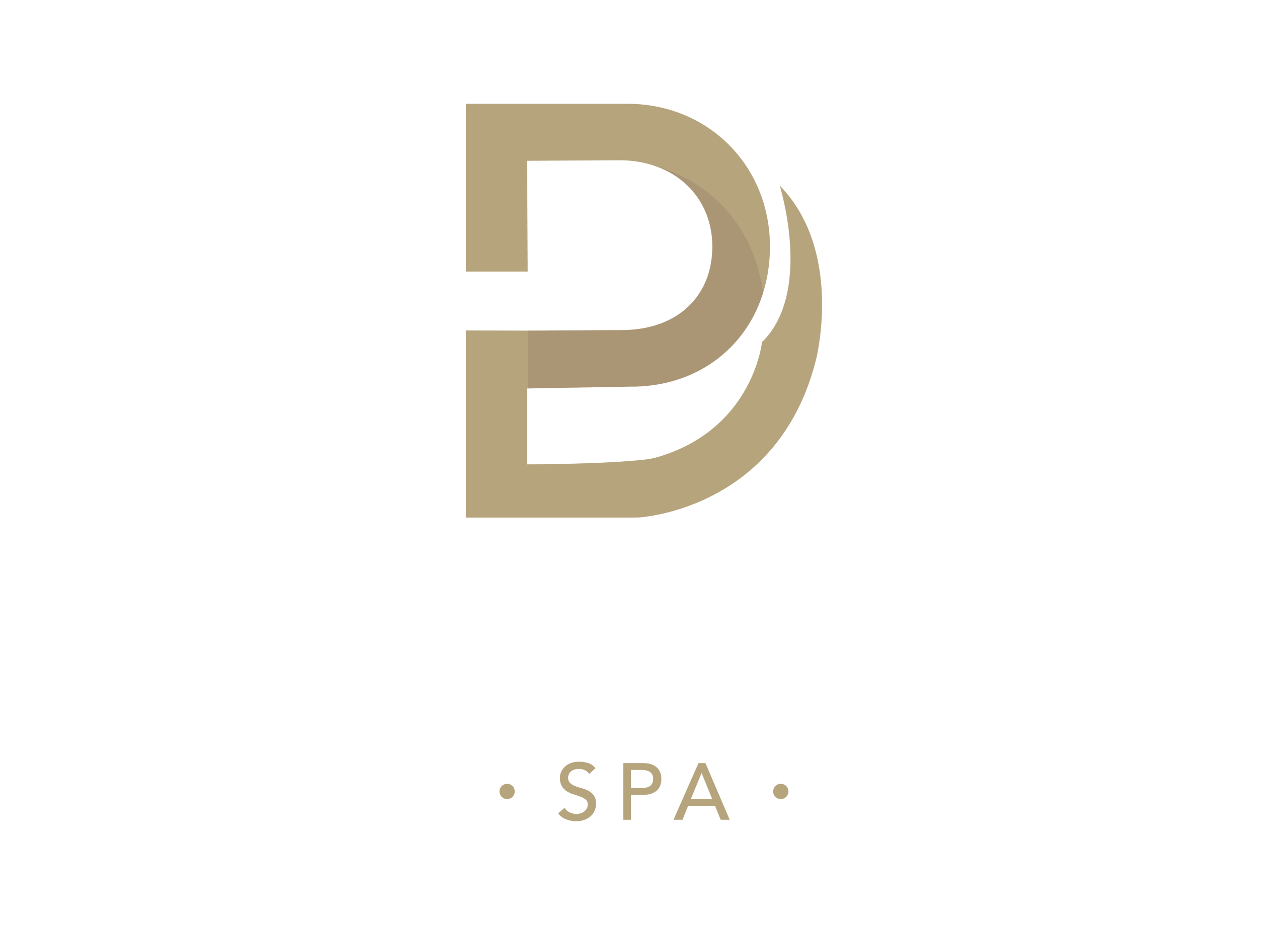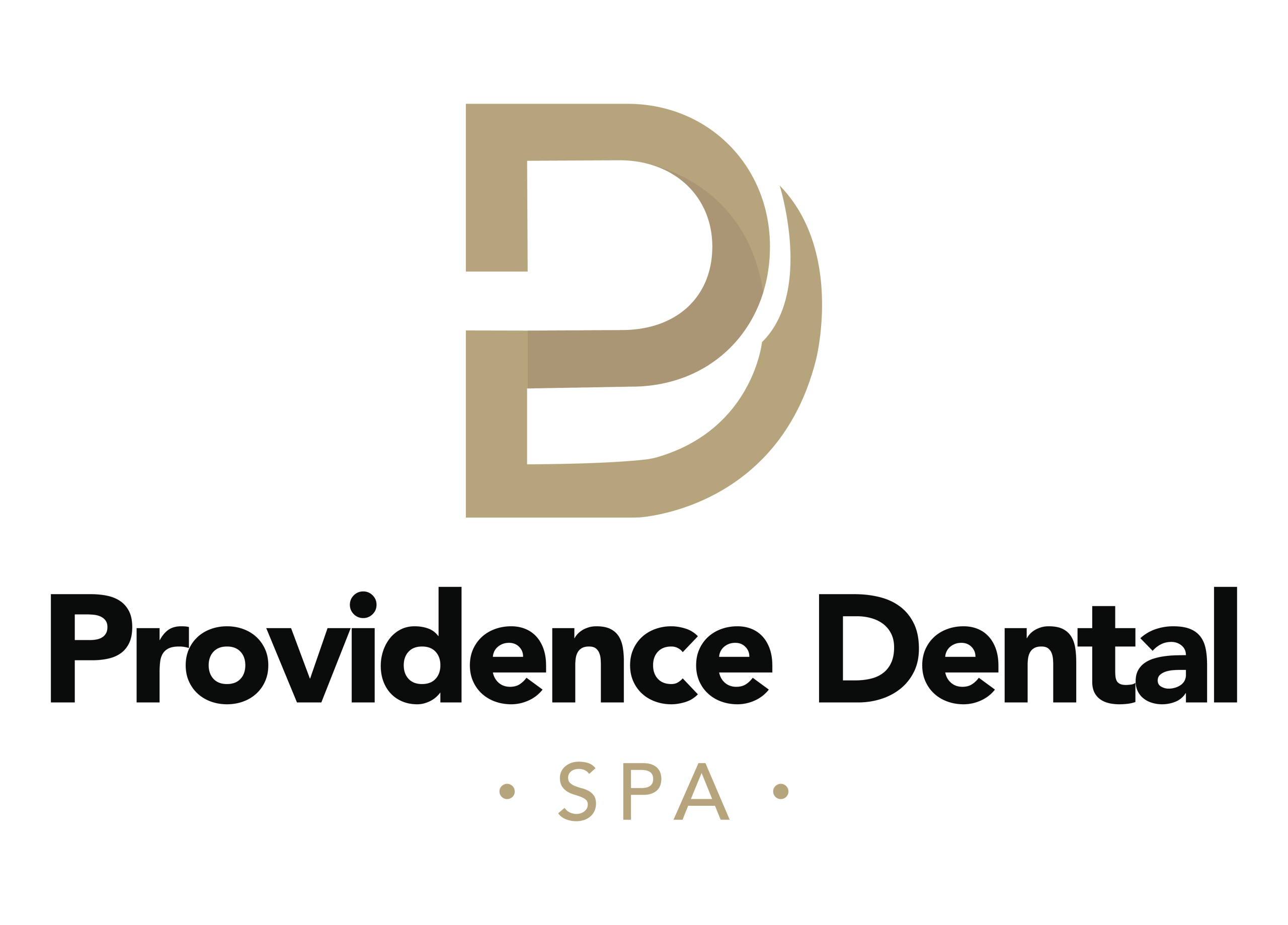When it comes to oral hygiene, flossing is essential to maintaining healthy teeth and gums. Traditional string floss and water flossers are two popular options for removing plaque and food particles between teeth. But which one is better? Let’s take a closer look at string vs. water flossing.
Traditional String Floss
String floss has been around for decades and is the most commonly used method of flossing. It’s simple to use, inexpensive, and readily available. String floss comes in various flavors and textures to suit individual preferences.
To use traditional string floss, you wrap a length around your fingers and guide it between your teeth. You then gently move the floss back and forth to remove plaque and food particles. It takes a bit of practice to get the technique right, but once you’ve mastered it, it’s an effective way to keep your teeth and gums healthy.
One of the downsides of traditional string floss is that reaching all areas of your mouth can be challenging. It can also be uncomfortable for people with sensitive gums or teeth.
Water Flossers
Water flossers, or oral irrigators, use a jet of water to clean between teeth and along the gum line. They are a newer option than traditional string floss but are becoming increasingly popular. Water flossers are often recommended for people with braces or implants.
To use a water flosser, you fill the reservoir with water, aim the tip at your teeth, and turn it on. The water sprays out, removing plaque and food particles. Some water flossers have different settings, so you can adjust the pressure to suit your preference.
One of the benefits of water flossers is that they are easier to use than traditional string floss. They are also less likely to cause discomfort for sensitive gums or teeth. Water flossers effectively remove plaque and can reach areas difficult to access with traditional floss.
Is Water Flossing Better Than String Flossing?
There is no clear answer about whether water flossing is better than traditional string flossing. Both methods have advantages and disadvantages, but the best option depends on individual needs and preferences.
Water flossers can be an excellent alternative for people who struggle with traditional flossing. They are easier to use and less likely to cause discomfort. Water flossers are also a good choice for people with braces or implants.
On the other hand, traditional string floss is effective at removing plaque, more affordable, and more widely available than water flossers. It’s also a good option for people who prefer a hands-on approach to oral hygiene.
Again, there is no clear winner between string flossing vs. water flossing. Both methods have pros and cons; the best option depends on individual needs and preferences. The most important thing is to floss regularly, regardless of your chosen method. Flossing is essential to maintaining healthy teeth and gums and can help prevent dental problems, including cavities and gum disease. If you have flossing concerns or questions, call Providence Dental Spa in Macon, GA, and Newnan, GA. We can help you find the best flossing method and ensure you achieve the best oral health possible.

